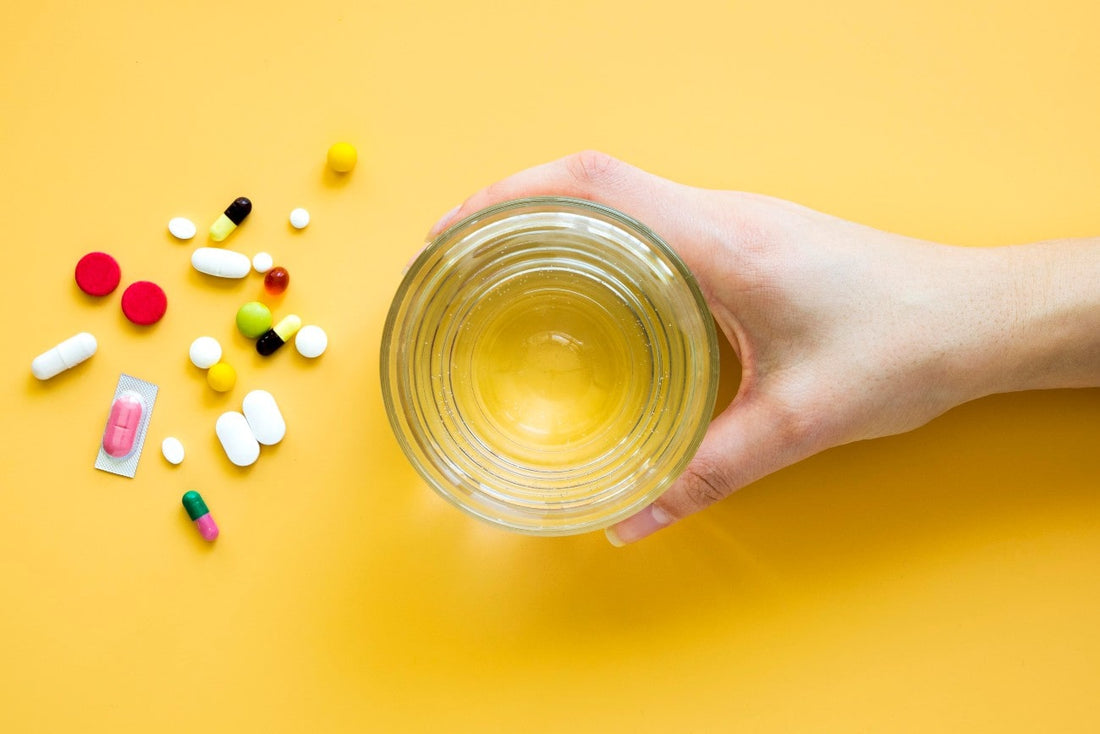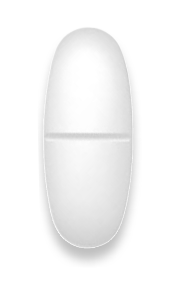The Importance of Dietary Supplement Safety: What You Need to Know

In today's health-conscious society, supplements have become a popular choice for those looking to improve their diet and promote their overall well-being. Whether vitamins, minerals, protein powders, or herbal extracts, the supplement industry offers a wide range of products that promise to improve health. However, the safety of these supplements is an important aspect that is often overlooked. From avoiding contaminants to avoiding harmful additives and heavy metals, it's important to be informed about the potential risks and choose supplements wisely.
Understanding the risks
While dietary supplements can provide important nutrients missing from your diet, they are not without risks. Unlike prescription drugs, which are rigorously tested and regulated by government agencies like the FDA, dietary supplements are not subject to the same level of scrutiny. This regulatory gap means that the quality, safety and effectiveness of dietary supplements can vary widely from one product to another.

1. Contaminants in food supplements
One of the main problems with dietary supplements is the risk of contamination. Contaminants can enter dietary supplements at various stages of production, from sourcing raw materials to manufacturing and packaging. Common contaminants include:
Microbial contamination
Bacteria, yeasts and molds can contaminate dietary supplements if they are not processed under sterile conditions. These microbes can cause infections, especially in people with weakened immune systems.
Pesticides and herbicides
Residues from agricultural chemicals used in the cultivation of herbs and plants for dietary supplements can remain in the final product. These chemicals can have harmful health effects, including disrupting endocrine function and increasing the risk of cancer.
Heavy metals
Lead, mercury, cadmium and arsenic are toxic heavy metals that can be found in dietary supplements, especially those made from herbs and other natural sources. Long-term exposure to these metals can lead to serious health problems, including neurological damage, kidney failure and cardiovascular disease.

2. Harmful additives and fillers
In addition to contaminants, many dietary supplements contain additives and fillers that can be harmful. These substances are often used to improve the texture, appearance, or shelf life of the product, but can have unintended consequences for your health.
Artificial colours and flavours
Some dietary supplements contain synthetic colors and flavors to make them more attractive. These additives have been linked to allergic reactions and hyperactivity in children.
Preservatives
While preservatives extend the shelf life of dietary supplements, some, like sodium benzoate, can react with other ingredients to form potentially carcinogenic compounds.
Functional additives
Some additives may interfere with the absorption of nutrients and have been linked to other potentially harmful health effects.
3. Heavy metals in food supplements
Heavy metal contamination is a major problem, especially in dietary supplements derived from natural sources such as herbs, algae and certain minerals. For example:
Ayurvedic dietary supplements
Traditional Ayurvedic medicine often uses herbs and minerals that may be contaminated with lead, mercury and arsenic.
Protein powder
Some protein powders, particularly those from non-organic or plant-based sources, contain detectable amounts of heavy metals, including lead and cadmium.
Fish oil supplements
Fish oil can be contaminated with mercury, a powerful neurotoxin, if the fish used comes from polluted waters.
How to ensure the safety of your dietary supplements
Given these potential risks, it's important to make sure the supplements you use are safe and effective. Here are some tips to help you make an informed choice:

Choose reputable brands
Not all supplements are the same. Look for products from reputable manufacturers that follow Good Manufacturing Practices (GMP) and have a track record of quality and safety. Reputable brands are more likely to invest in third-party testing and adhere to higher production standards.
Pay attention to third-party audits
Third-party testing is an important indicator of the safety and quality of a dietary supplement. Independent laboratories test products for contaminants, heavy metals and the accuracy of the information on the label. Look for certifications from organizations such as NSF International, ConsumerLab or USP (United States Pharmacopeia) on the product label.
Read the labels carefully
Always read the supplement label to check for additives, fillers, and other ingredients. Avoid products with artificial colors, flavors, and preservatives, and be wary of supplements that contain "proprietary blends" without listing the amounts of each ingredient.
Research the source of the ingredients
It's important to know where the ingredients in your supplements come from. For example, opt for fish oil supplements made from small, wild-caught fish like sardines or anchovies, as these are less likely to be contaminated with mercury. Opt for organic, herbal supplements that aren't contaminated.
Consult a healthcare professional
Before you start taking any new supplement, you should consult a doctor, especially if you have a medical condition or are taking other medications. A healthcare provider can help you determine the correct dosage and identify any potential interactions or risks.
conclusion
While supplements can play a valuable role in supporting your health, it's important to use them with caution. By educating yourself on the potential risks of contaminants, harmful additives, and heavy metals, and choosing high-quality, safe products, you can reap the benefits of supplements without putting your health at risk. Remember: When it comes to your well-being, safety should always come first.









